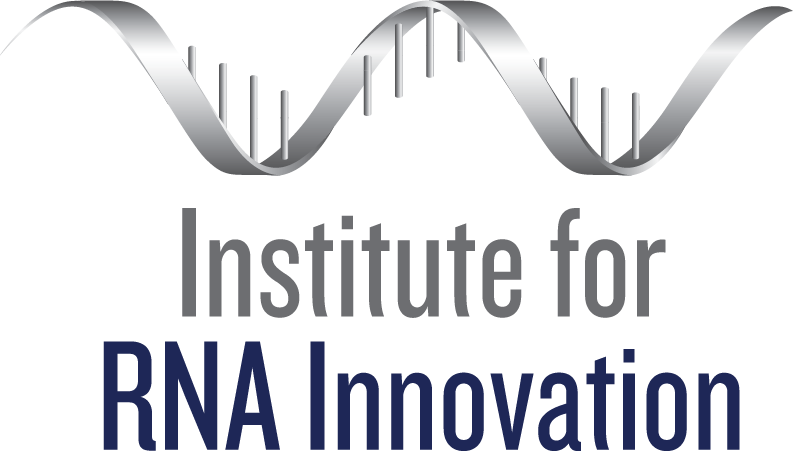
Drew Weissman, M.D., Ph.D.
he Weissman lab studies nucleoside-modified mRNA and lipid nanoparticle (LNP) therapeutics. Our findings of the safety and efficacy of nucleoside-modified mRNA have moved this technology to the forefront of new therapeutics. The lab’s technology is used in the first 2 FDA approved COVID-19 vaccines. The lab broadly studies 2 directions of mRNA research: 1) vaccines and 2) mRNA protein therapeutics, such as monoclonal antibody delivery and gene editing. While interested in developing new therapeutics, the lab’s main interest is basic science research. Any therapeutic approach being studied always involves extensive basic science investigation to understand mechanisms.
The lab has an extensive portfolio of vaccine studies, including viral, bacterial, parasitic, oncologic, and allergic diseases. A main interest in the lab is the development of vaccines for difficult diseases where previous vaccine strategies have failed, such as genital herpes, HIV, HCV, malaria, and tuberculosis. We work with experts in the fields for each vaccine that allows the use of optimal animal model systems and assays to measure effectiveness. New vaccines that will be effective against drifted and pandemic influenza strains, paninfluenza, and all coronaviruses capable of crossing over from bats, pancoronavirus, are being developed. In addition, novel vaccines that will be effective at treating common food and environmental allergies are being evaluated.
Protein therapeutics is the fastest growing element of the pharmaceutical industry. We believe nucleoside-modified mRNA offers a superior approach to deliver such proteins, as the host is the factory that makes the proteins. Numerous nucleoside-modified mRNAs encoding therapeutic proteins, including monoclonal antibodies, acute care therapies, and genetically deficient proteins are ongoing. Nucleoside-modified mRNA offers many advantages for gene therapy, including transient and controllable activity. The main impediment to in vivo gene therapy is the need to specifically target the therapy to the cells of interest. We have developed new technology that specifically delivers LNPs to: lungs, heart, brain, CD4+ cells, all T cells, and bone marrow stem cells. This targeting allows the delivery of gene editing systems to the specific cells and organs that require gene manipulation with simple intravenous injections of targeted mRNA-LNPs.
The goals of the Weissman lab are multifold. We seek to develop new nucleoside-modified mRNA-LNP platforms for vaccines, protein therapeutics, and gene therapy. This includes new platforms for vaccines and their application to many different types of diseases. To change and advance protein therapeutics by more safely and efficiently delivering proteins and extending this to therapies that require intracellular protein activity. To develop gene therapies using newly developed methods to alter the genome delivered by nucleoside-modified mRNA and delivered with targeting LNPs, thus allowing simple intravenous administration to achieve in vivo gene modification. Finally, we extensively investigate the basic science and mechanisms for our new therapies, which allows careful and directed optimization to improve them.

